If you’re thinking of going plant-based, there are a few things you should know. A plant-based diet can be beneficial for your health, but it’s important to make sure that you’re getting all the nutrients you need. In this blog post, we will discuss the benefits of plant-based diets and provide some tips for making the switch.
What is a plant-based diet?
A plant-based diet is a diet that focuses on plant foods, such as fruits, vegetables, whole grains, nuts, and seeds. This type of diet can be beneficial for your health in many ways. Plant-based diets have been shown to lower blood pressure, cholesterol levels, and the risk of heart disease. They can also help you maintain a healthy weight.
If you’re considering making the switch to a plant-based diet, there are a few things you should keep in mind. First, it’s important to make sure that you’re getting all the nutrients your body needs. A plant-based diet should include plenty of fruits and vegetables, as well as whole grains, beans, nuts, and seeds.
Plant-based diets have been shown to improve overall health and reduce the risk of chronic diseases such as heart disease, obesity, and type II diabetes. There are a few things you can do to make sure you’re getting all the nutrients you need on a plant-based diet:
Tips For Getting Started With a Plant-based Diet
Make sure you’re eating a variety of plant-based foods.
This includes fruits, vegetables, whole grains, legumes, nuts, and seeds. There are lots of ways to incorporate plants into your life without compromising on flavor or spending a bomb.
Consider supplementing with vitamin B12.
This is an important nutrient that is found mostly in animal products. If you’re not eating animal products, it’s a good idea to supplement with vitamin B12 or eat foods that are fortified with this nutrient.
Get enough protein.
Protein is essential for our bodies, and we can get it from plant-based sources such as beans, lentils, tofu, nuts, and seeds.
For many people, the idea of a plant-based diet conjures up images of weak, scrawny vegans who are constantly hungry and lack the energy to get through the day. But the truth is, it is perfectly possible to get all the protein you need from plant-based sources. In fact, there are a number of plant-based foods that are packed with protein, including beans, lentils, quinoa, and tofu. And contrary to popular belief, you don’t need to eat huge quantities of these foods to get the protein your body needs. Just a few ounces of beans or tofu can give you a significant dose of protein.
If you’re concerned about getting enough protein on a plant-based diet, talk to a registered dietitian or nutritionist who can help you create a well-rounded meal plan.
Stay hydrated by drinking plenty of water throughout the day.
Did you know that drinking water is one of the best things you can do for your health? That’s right, plain old H2O does the body good. Water helps to flush out toxins, keeps your skin looking young and healthy, and boosts your energy levels. And yet, so many of us don’t drink enough water throughout the day. We get busy with work, or we forget to drink when we’re out and about. But hydration is essential, so it’s important to find ways to make drinking water a part of your daily routine.
Eat mindfully and listen to your body.
Make sure you’re eating when you’re hungry and stopping when you’re full. Mindful eating is all about being present in the moment and savoring your food. It means being aware of why you’re eating, what you’re eating, and how your body feels before, during, and after you eat. It sounds simple enough, but mindful eating can be a challenge in our fast-paced, multitasking world. The next time you sit down to eat, try to set aside all distractions and really focus on your food. Chew slowly and savor the flavor, texture, and smell of each bite. Pay attention to how your body feels as you eat. Are you getting full? Do you need to stop? When you’re finished, take a few minutes to sit back and reflect on your experience. How did the food?
Read this article to know the right way to eat.
Be patient with yourself.
It may take some time to adjust to a new way of eating, but it will get easier over time. One thing that might help you instantly is realising that you don’t need to follow an all or nothing mentality. Start small, you don’t have to label yourself a carnivore, a vegan, a meat-eater or plant-based either. Ditch labels and slowly try to include more of plants and see how you feel. You don’t need to make grand announcements or commitments, just take small steps for your health first.
If you’re considering a plant-based diet, there are many resources available to help. Here are a few of our favorites:
- The Vegan Society: This website provides information on plant-based diets and veganism. They also have a list of helpful resources, including cookbooks, blogs, and recipes.
- PCRM (Physicians Committee for Responsible Medicine): This organization offers resources on plant-based diets and health. They also offer online courses to help you transition to a plant-based diet.
- Vegan Restaurant Finders: There are many vegan restaurant finder apps available to help you find vegan-friendly dining options when you’re on the go. One of the most popular vegan restaurant finder apps is HappyCow, which lists over 180,000 vegan-friendly businesses in 184 countries. The app also allows users to filter their search by location, type of cuisine, and price range. Another popular vegan restaurant finder app is VeganXpress, which features over 16,000 vegan-friendly restaurants in the United States. The app allows users to filter their search by city, state, or zip code. There are also vegan restaurant finder apps specifically for cities such as New York City, Los Angeles, and San Francisco. These apps can be a great resource
Check here for some delicious vegan, gluten-free, and dairy-free recipes.
To wrap up:
Plant-based diets offer many health benefits. If you’re considering a plant-based diet, make sure to do your research and talk to your doctor or a registered dietitian to ensure that it’s the right choice for you. There are many resources available to help you make the switch, so don’t be afraid to ask for help!
Have you ever considered a plant-based diet? What resources would you find helpful if you were making the switch? Let us know in the comments below!

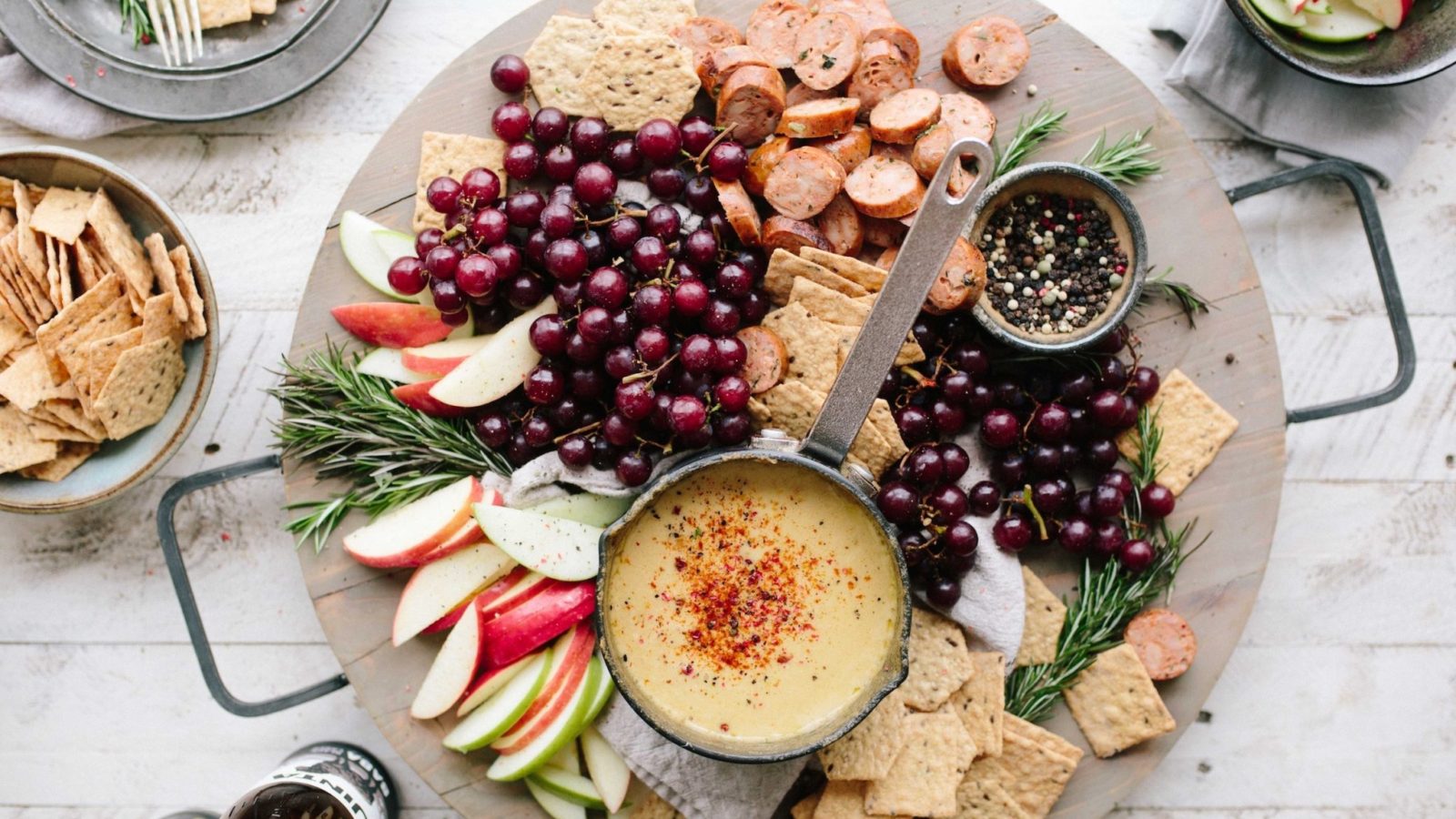
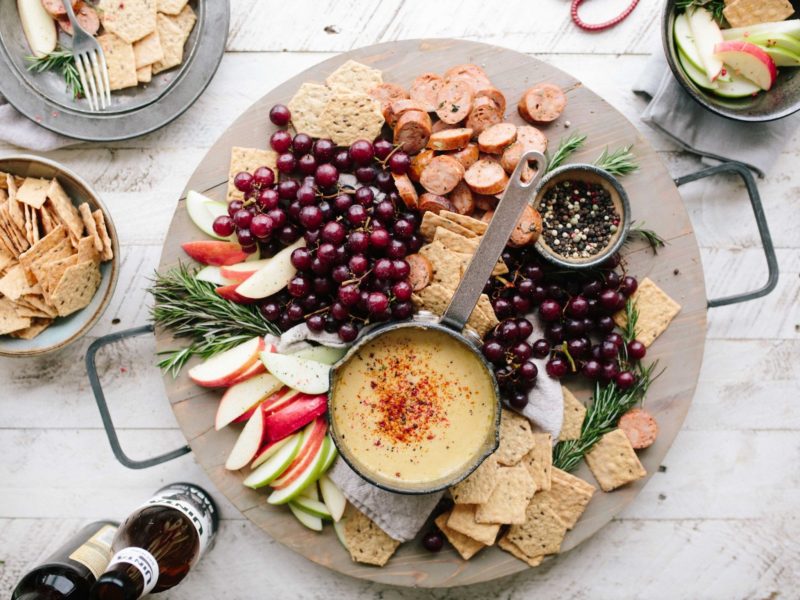
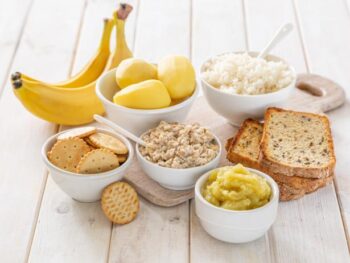




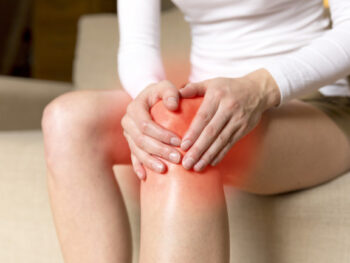
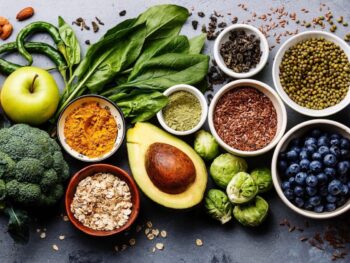




 Homemade Air-fried Banana Chips
Homemade Air-fried Banana Chips